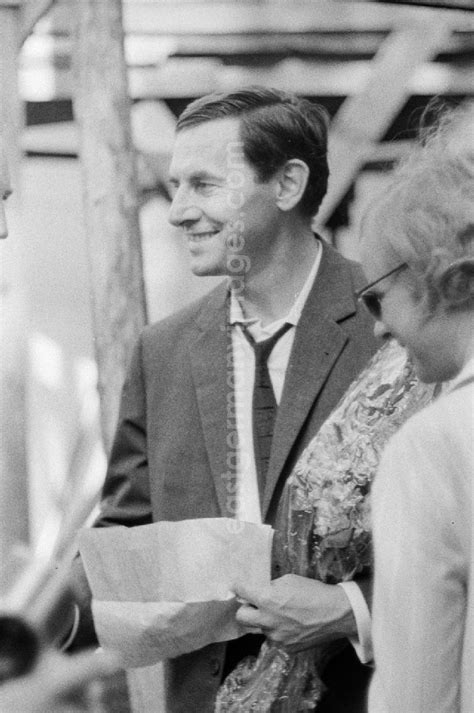A Quote by W. Edwards Deming
To successfully respond to the myriad of changes that shake the world, transformation into a new style of management is required. The route to take is what I call profound knowledge, knowledge for leadership of transformation.
Related Quotes
In mysticism, knowledge cannot be separated from a certain way of life which becomes its living manifestation. To acquire mystical knowledge means to undergo a transformation; one could even say that the knowledge is the transformation. Scientific knowledge, on the other hand, can often stay abstract and theoretical. Thus most of today’s physicists do not seem to realize the philosophical, cultural and spiritual implications of their theories.
Knowledge builds on the past and has its place. Wisdom is beyond time. It's the direct perception of reality as it is. And in this direct seeing of what is lies the potential of transformation-a transformation that is not merely a redecoration of the past but a transformation of humanity that embodies the eternally new.
most of us persist in regarding leadership as synonymous with - indeed solely derived from - high position. Perhaps the notion of grass-roots leadership strikes us as too much of an oxymoron; confronted with apparent paradox, our imaginations fail. ... I believe that in the future, our ideas about the nature of leadership will undergo a radical transformation. As the instrumental use of knowledge continues to redefine the nature and purpose of organizations, we will begin to look at those on the front lines for leadership.

































